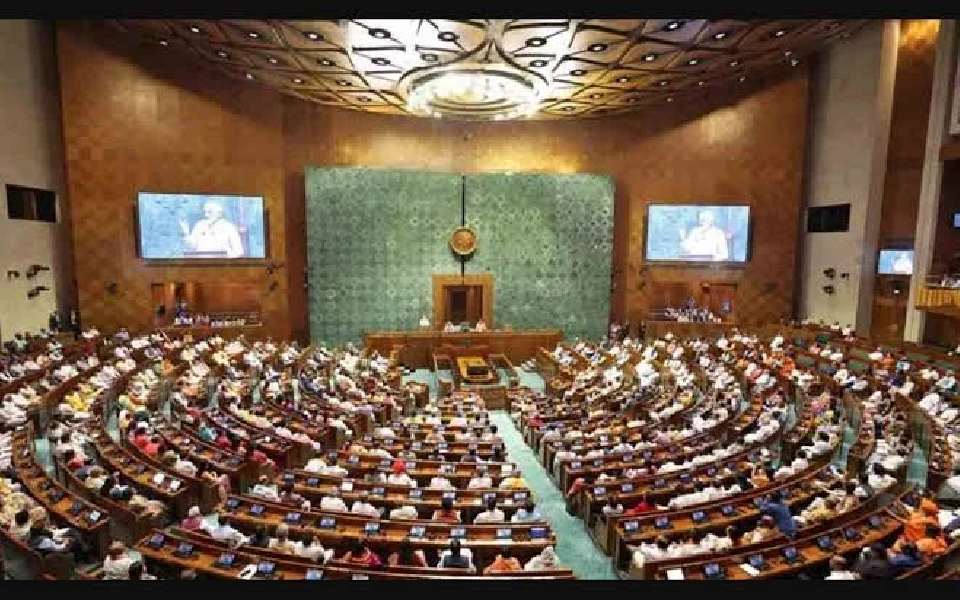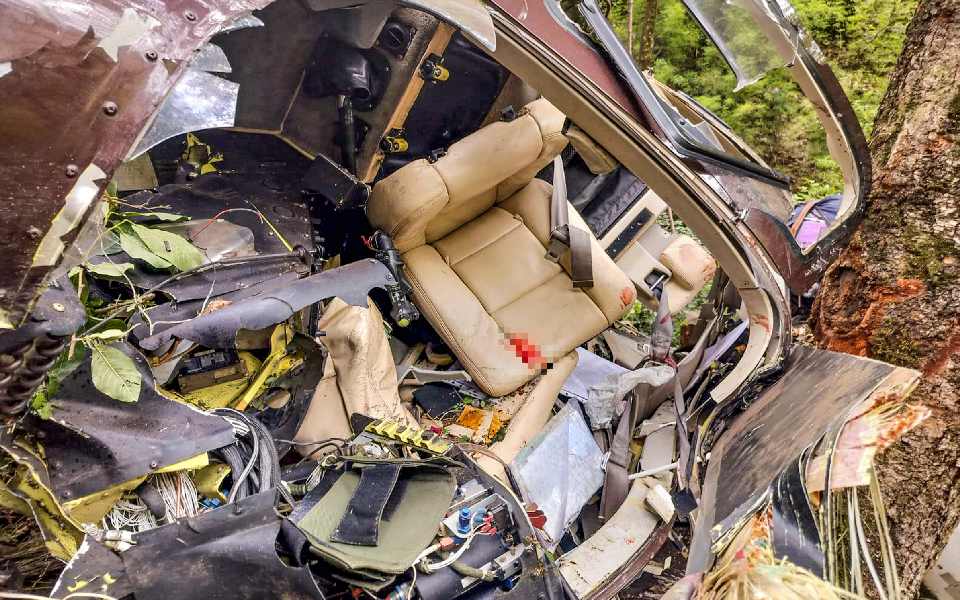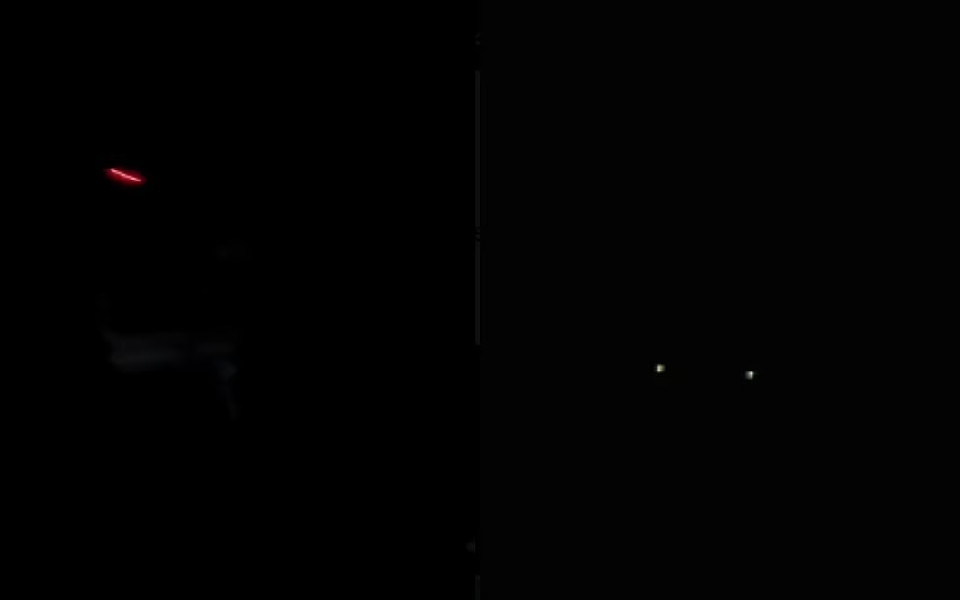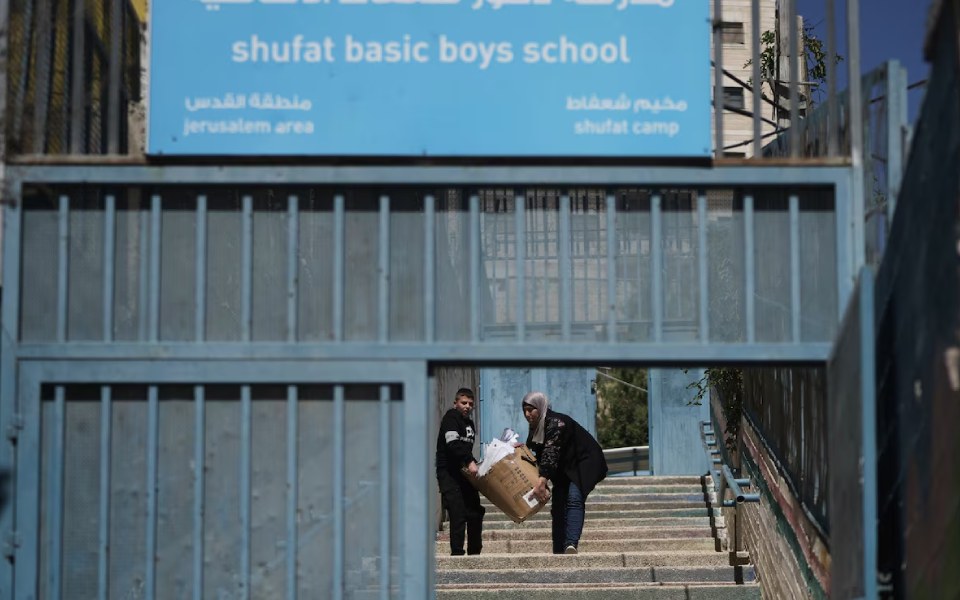New Delhi, Aug 8: The government on Thursday withdrew the Waqf Properties (Eviction of Unauthorised Occupants) Bill 2014, which sought to provide for a mechanism for the eviction of unauthorised occupants from waqf properties, in Rajya Sabha.
The Waqf Properties (Eviction of Unauthorised Occupants), Bill, 2014 was introduced in Rajya Sabha on February 18, 2014 by erstwhile minority affairs minister K Rahman Khan.
It was referred to the Standing Committee on Personnel, Public Grievances, Law and Justice on March 5, 2014.
Assets dedicated for religious or charitable purposes are referred as Waqf properties.
Minister of Minority Affairs Kiren Rijiju sought the leave of the House to withdraw the bill and the withdrawal was approved by voice vote in Rajya Sabha by the members.
CPI (M) MP John Brittas and IUML MP Abdul Wahab opposed the withdrawal of the bill in the Upper House.
Explaining about his stand, Brittas said the bill was introduced in Rajaya Sabha precisely because it was intended to free the properties of Waqf properties.
The objectives of the bill are model objective which should be adhered to, he pointed out, and added that this government deliberately delayed getting confirmation of the House and the Parliament.
He stated that this bill is being withdrawn precisely to bring another bill to encroach upon Waqf properties, (with) diametrically opposite intention.
"The intention of the government is suspect. They want to create polarisation in the society. They want to polarise the Indian people. They want to play politics," he alleged.
He opined that the government has no business to get into Waqf properties and the new bill which has been circulated is against the spirit of this Waqf properties.
He alleged that the government is diluting the Waqf Act and trying to bring non-Muslims into Waqf governing.
"I would urge the government that at a time when we have so much examples coming from neighbouring countries, we should be striving to ensure the social fabric of this country remains intact," he said.
About withdrawal of the bill, Wahab said, "We fear that you have some plans behind. That plan came open when our minister circulated the (new) bill.
He said the intention of the (new) bill is not good and urged the government to reconsider it.
"Don't give all the powers to IAS officer (to decide on Waqf properties)," he added.
Earlier, Commerce and Industry Minister Piyush Goyal introduced The Boilers Bill, 2024 to provide for the regulation of boilers, safety of life and property of persons from the danger of explosions of steam-boilers and for uniformity in registration and inspection during manufacturing, erection and use of boilers in the country.
Let the Truth be known. If you read VB and like VB, please be a VB Supporter and Help us deliver the Truth to one and all.
Malappuram (Kerala), May 8 (PTI): A case of Nipah virus has been confirmed in Kerala’s Malappuram district, health officials said on Thursday.
State Health Minister Veena George said the infection was found in a 42-year-old woman from Ward 2 of Valanchery municipality.
She is currently being treated at a hospital in Perinthalmanna.
The woman first visited a private clinic on April 25 with a fever. On May 1, she was admitted to the hospital after her doctor advised further treatment.
Initial tests in the state pointed to Nipah, and this was later confirmed by the virology lab in Pune.
Twenty-one samples from seven people who had close contact with the patient, including family members, have all tested negative for the virus, according to the Minister.
After the case was confirmed, George visited the district on Thursday and held a high-level meeting at the Collectorate to assess the situation and give necessary instructions. The doctor treating the patient also joined the meeting online, an official release said here.
The state medical board has recommended giving the patient monoclonal antibodies as part of her treatment.
This will be done once the hospital's ethics committee gives its approval.
Although the patient is expected to remain at her current hospital, officials said she may be moved to Manjeri Medical College if her family requests it, the release said.
The area within a three-kilometre radius of her home will be declared a containment zone.
A special order will be issued by the District Collector under the Public Health and Disaster Management Acts.
Restrictions will mainly apply in Valanchery municipality and the nearby Marakkara and Edappal panchayats.
As part of Nipah control measures, 25 special teams have been formed and are already working to trace people who may have come into contact with the patient.
Although the risk of further spread is believed to be low, thorough screening will be carried out, the release said.
All contacts--both high-risk and low-risk--will be kept under observation for 21 days.
The Health Department has made sure that essential medicines are available. Investigations are also underway to find the source of the infection.
A dead cat was found in the area, and the Animal Husbandry Department will test samples to see if it is linked to the case.
Health teams will carry out fever surveys in Valanchery and nearby panchayats, it said.
Hospitals have been instructed to strictly follow infection control protocols.
In light of the situation, the minister urged the public to remain alert.
The Minister asked people to wear masks, use hand sanitiser, and avoid unnecessary visits to hospitals.
At the ongoing "Ente Keralam" exhibition in Kottakkunnu, which marks the state government's fourth anniversary, wearing masks and using sanitiser has now been made compulsory, the release added.





